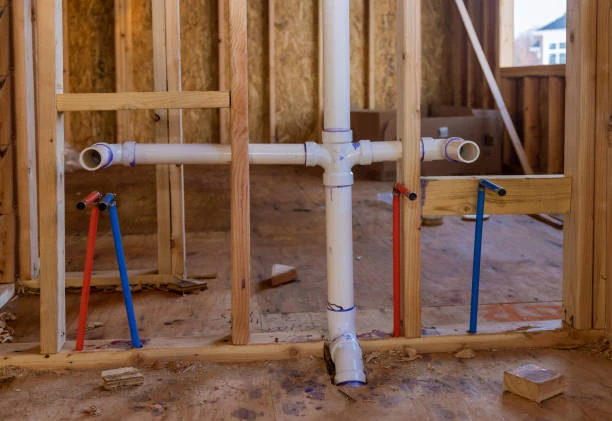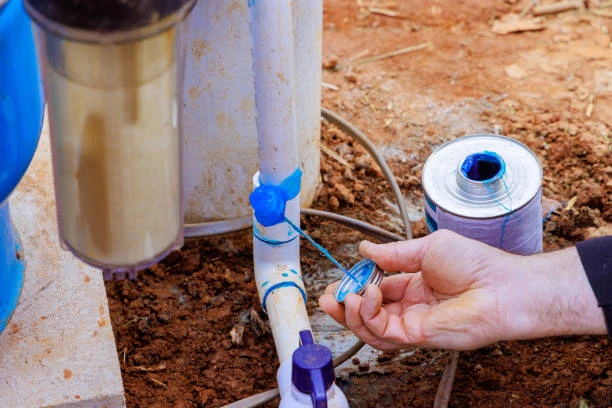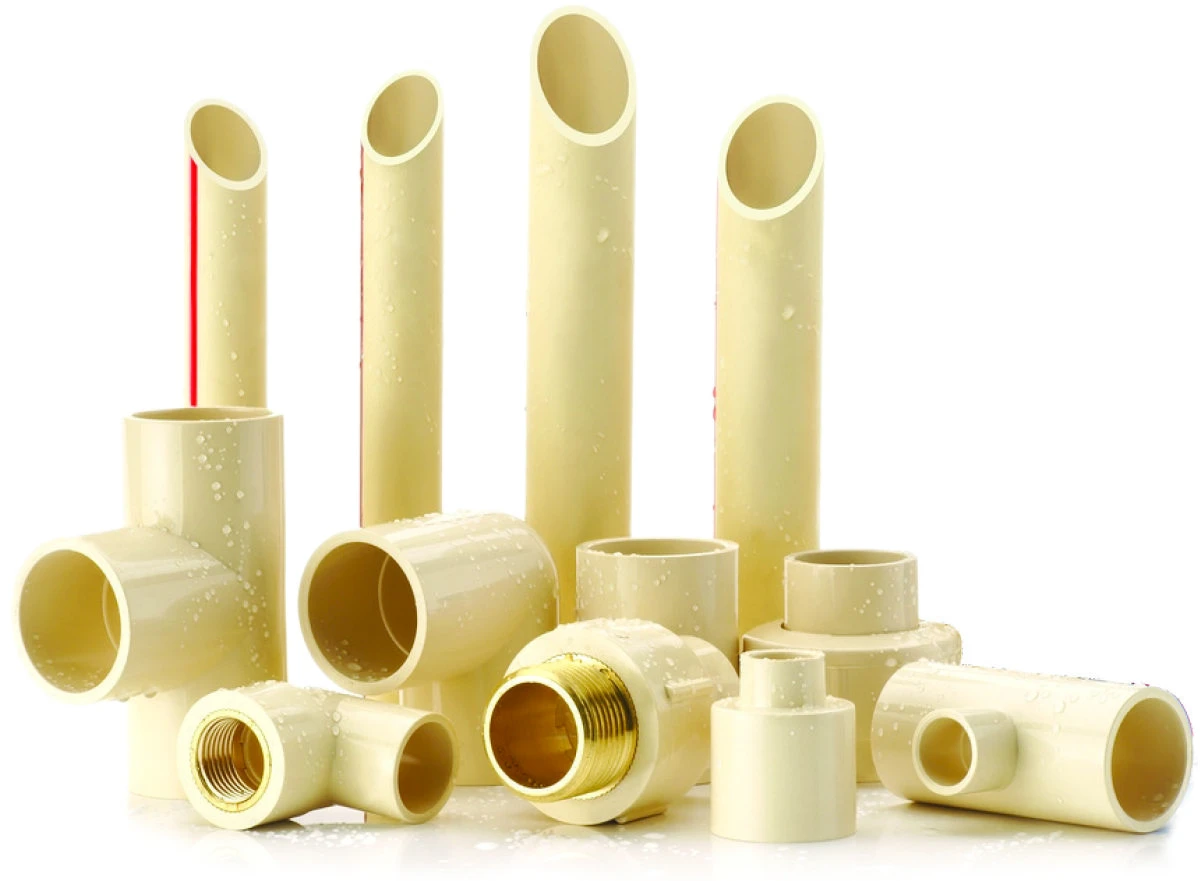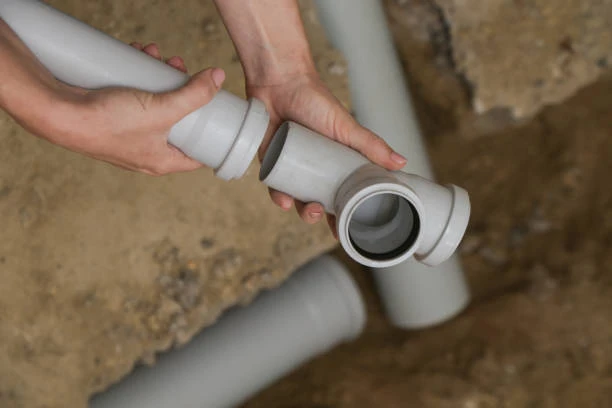PVC (Polyvinyl Chloride) pipes have become increasingly popular due to their economic benefits and versatility in various applications. However, the question of their safety often arises, especially concerning their use in drinking water systems. This article aims to explore the safety aspects of PVC pipes, addressing their benefits, drawbacks, and appropriate usage contexts.
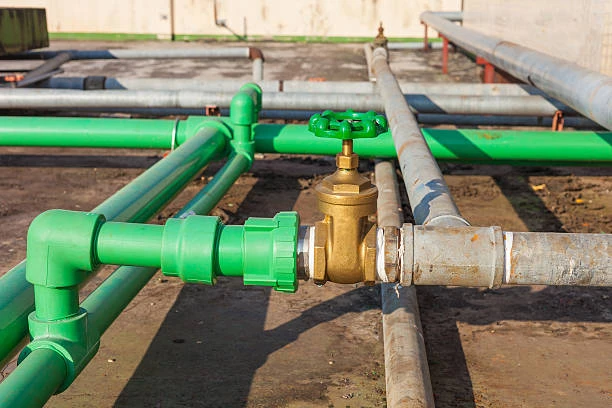
PVC Pipes Benefits of PVC Pipes
PVC pipes offer numerous advantages that make them a preferred choice for many plumbing and construction projects.
- Economical and Versatile
PVC pipes are cost-effective and suitable for a wide range of applications, including cold water supply, drainage systems, and industrial uses. Their flexibility in installation and ease of connection contribute to their widespread use. - Corrosion-Resistant
PVC pipe do not corrode, unlike metal pipes, which can degrade over time. This corrosion resistance extends the lifespan of PVC pipe and reduces the need for frequent maintenance. - Durable and Long-lasting
With proper maintenance, PVC pipes can last for many years. Their durability is enhanced by their resistance to chemicals and weather conditions, making them ideal for outdoor installations.
Drawbacks and Safety Concerns PVC Pipes
Despite their benefits, PVC pipe has some drawbacks and safety concerns that need to be addressed.
- Temperature Limitations
PVC pipe cannot withstand high temperatures. Exposure to extreme heat can cause them to soften, deform, and even melt. This limitation prevents them from being used in hot water supply systems. - Potential Health Risks
PVC pipe can release harmful chemicals, such as dioxins and phthalates, when exposed to high temperatures. These chemicals can contaminate water and pose health risks, especially when used in drinking water systems. - Environmental Impact
The production and disposal of PVC pipe can contribute to environmental pollution. The burning of PVC materials releases toxic gases, including hydrochloric acid, which can harm the environment and human health.
PVC Pipes Appropriate Usage Contexts
Given the benefits and drawbacks of PVC pipe, their use should be carefully considered based on the specific application context.
- Cold Water Systems
PVC pipes are well-suited for cold water supply systems where temperatures remain within safe limits. They are commonly used in residential and commercial buildings for this purpose. - Drainage Systems
Due to their corrosion resistance and durability, PVC pipe are ideal for drainage systems. They can handle various types of wastewater efficiently without degradation. - Outdoor Applications
PVC pipes are commonly used in outdoor applications due to their resistance to weather conditions. However, special care should be taken to protect them from direct sunlight, which can accelerate aging and degradation.
Installation and Maintenance Tips
To ensure the safety and longevity of PVC pipe, proper installation and maintenance practices are essential.
- Professional Installation
PVC pipe should be installed by professionals who understand the proper techniques and materials required for a secure and reliable system. - Regular Maintenance
Regular inspections and maintenance of PVC pipe can help identify and address potential issues before they become critical. Check for cracks, leaks, and other signs of damage regularly. - UV Protection
If PVC pipes are used in outdoor applications, they should be protected from direct sunlight using UV-resistant coatings or covers to extend their lifespan.
FAQ
Q: Can PVC pipe be used for hot water supply?
A: No, PVC pipe cannot be used for hot water supply due to their temperature limitations. They can soften, deform, and even melt when exposed to high temperatures.
Q: Are PVC pipe safe for drinking water?
A: While PVC pipe are commonly used in plumbing systems, they are not recommended for drinking water supply due to the potential release of harmful chemicals when exposed to high temperatures.
Q: How can I extend the lifespan of PVC pipe?
A: Proper installation, regular maintenance, and UV protection can help extend the lifespan of PVC pipe. Always consult professionals for installation and maintenance services.
By understanding the benefits, drawbacks, and appropriate usage contexts of PVC pipe, you can make informed decisions about their safety and suitability for your specific needs.














